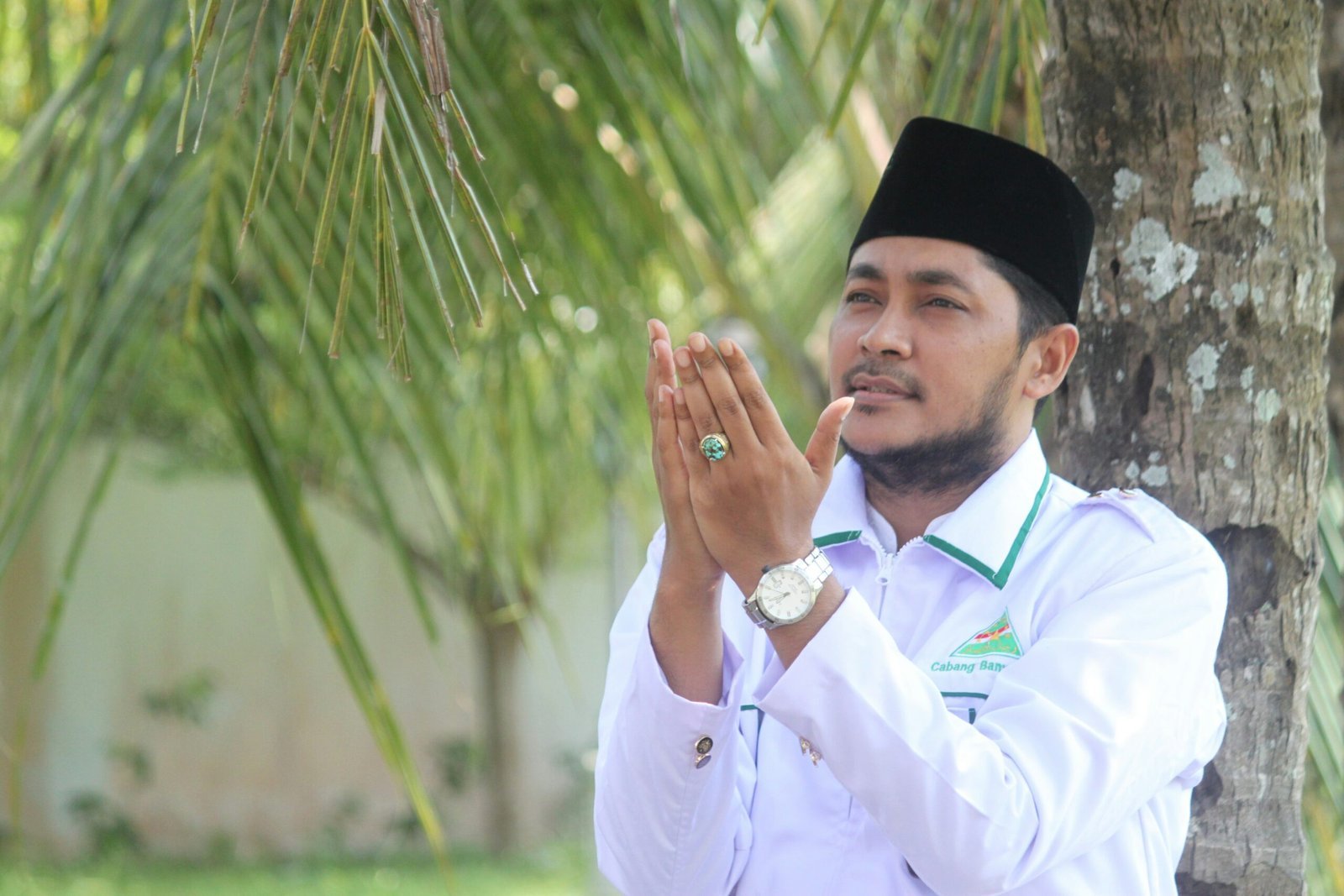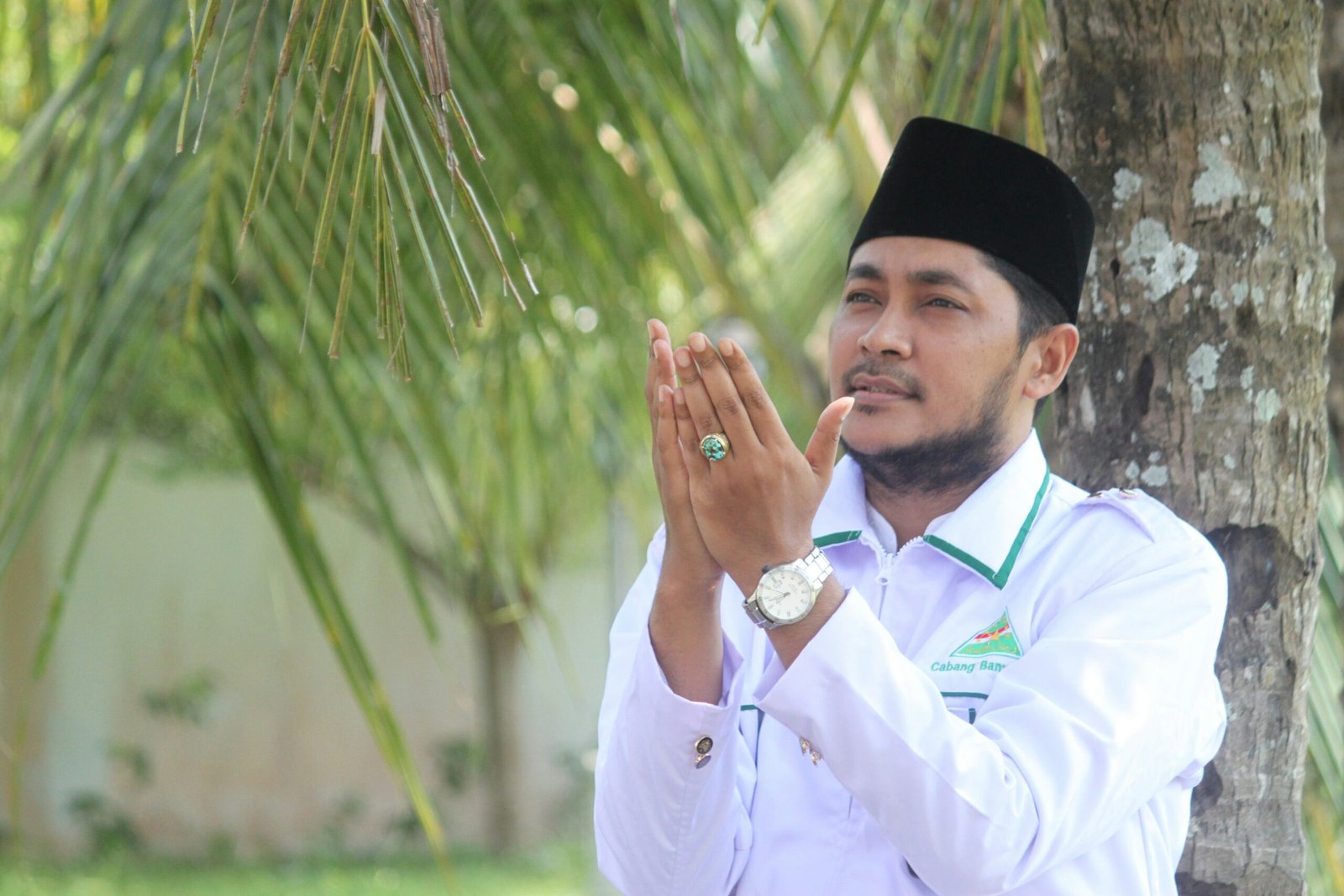A Comprehensive Guide to Bakra Eid 2024 Sacrifice Rituals

Understanding the Significance of Bakra Eid
Bakra Eid, also known as Eid al-Adha, holds immense historical and religious importance within the Islamic faith. This festival commemorates the profound act of devotion exhibited by Prophet Ibrahim (Abraham) when he demonstrated his willingness to sacrifice his son, Ismail (Ishmael), as an act of obedience to God’s command. According to Islamic tradition, just as Ibrahim was about to perform the sacrifice, God intervened and provided a ram to sacrifice in place of his son. This divine intervention is a testament to the values of faith, obedience, and submission to God’s will.
Eid al-Adha, which means “Festival of Sacrifice,” is celebrated by Muslims around the world as an affirmation of their faith and as a reminder of Ibrahim’s unwavering devotion to God. The ritual sacrifice of an animal, typically a goat, sheep, or cow, is a central aspect of Bakra Eid. This act symbolizes the willingness to give up something valuable for the sake of faith and charity. The meat from the sacrificed animal is distributed among family, friends, and the less fortunate, reinforcing the principles of generosity and community support.
The celebration of Bakra Eid varies across different cultures and communities, reflecting a rich tapestry of traditions. In some regions, the festivity is marked by elaborate family gatherings, communal prayers, and feasts. In others, the focus is more on the act of sacrifice and the distribution of meat to those in need. Despite these cultural variations, the underlying themes of faith, sacrifice, and charity remain consistent.
Bakra Eid serves as an occasion for Muslims to reflect on their own faith and the sacrifices they are willing to make in their spiritual journey. It is a time for communal harmony, where the act of sharing and caring for others is emphasized. Through the commemoration of Prophet Ibrahim’s devotion, Bakra Eid continues to inspire believers to uphold the values of faith, obedience, and compassion in their daily lives.
Preparations for the Sacrifice
Before the actual act of sacrifice on Bakra Eid, a series of important preparations need to be meticulously followed to honor the traditions and requirements set forth by Islamic law. The first step is selecting and purchasing the sacrificial animal. This task is not to be taken lightly, as the animal must meet specific criteria to be deemed acceptable. According to Islamic guidelines, the animal should be of a certain age—typically, a goat should be at least one year old, while cows and camels should be at least two and five years old, respectively. Additionally, the animal must be free from any apparent defects or health issues, such as blindness, lameness, or severe illness.
Another critical aspect is the ethical treatment of the animal. Islam emphasizes the importance of compassion and kindness towards all living beings, and this extends to the sacrificial animals. Ensuring that the animal is well-fed, hydrated, and kept in a comfortable environment until the time of sacrifice is paramount. These actions reflect the ethical considerations that are integral to the ritual, highlighting the humane treatment of the animal as a reflection of one’s faith and piety.
Equally important is the intention, or niyyah, behind the sacrifice. The person performing the sacrifice must do so with a pure heart and a clear intention to fulfill a religious obligation, rather than for any personal gain or social recognition. This spiritual readiness is crucial and involves a period of reflection and prayer, allowing the individual to mentally and spiritually prepare for the act of sacrifice.
In summary, the preparations for Bakra Eid sacrifice are multi-faceted, involving both practical and spiritual dimensions. From selecting a healthy, appropriate animal to ensuring its humane treatment and setting the right intention, these steps are essential in fulfilling the religious and ethical principles of the sacrifice ritual.
The Ritual of Sacrifice
The ritual of sacrifice, known as Qurbani, is a deeply significant practice during Bakra Eid, also known as Eid al-Adha. The process begins with a prayer and invocation, commonly referred to as Takbir. This act of glorification and supplication to Allah is performed to seek blessings and ensure the ritual is conducted in accordance with Islamic teachings. The Takbir is recited multiple times, reinforcing the spiritual essence of the sacrifice.
Following the invocation, the animal chosen for sacrifice is prepared for slaughter. The selection of the animal is crucial; it must be healthy and free from any defects, symbolizing the best offering to Allah. The method of slaughtering the animal is governed by Halal principles to ensure the process is humane and sanctified. The animal’s throat is swiftly cut with a sharp knife while invoking the name of Allah (Bismillah Allahu Akbar), ensuring minimal suffering. This act of sacrifice commemorates the willingness of Prophet Ibrahim to sacrifice his son in obedience to Allah’s command, a foundational story in Islamic tradition.
Once the sacrifice is completed, the meat is divided into three equal parts. This division underscores the festival’s emphasis on charity and community. The first portion is retained for the family, ensuring they partake in the blessings of the sacrifice. The second portion is distributed among relatives and friends, fostering bonds and communal harmony. The final portion is given to the needy and poor, reflecting the festival’s spirit of generosity and social responsibility. This act of giving is not merely a tradition but a religious obligation that ensures the less fortunate are included in the celebrations.
Throughout Bakra Eid, the principles of sacrifice, charity, and community are interwoven, creating a festival that is both spiritually enriching and socially cohesive. The ritual of sacrifice is a profound expression of faith, compassion, and unity, embodying the core values of Islam.
Post-Sacrifice Practices and Celebrations
After the sacrificial rituals of Bakra Eid 2024 are completed, the focus shifts to communal and familial celebrations. This period is marked by a harmonious blend of spirituality, gratitude, and festivity. Families come together to cook and share meals, utilizing the meat from the sacrificial animals. Traditional dishes, often rich and fragrant, are prepared with care, incorporating both regional and cultural culinary practices. These meals are not merely about indulgence but also serve as a means of fostering togetherness and reinforcing familial bonds.
Visiting friends and family forms a cornerstone of Bakra Eid celebrations. Homes are often open to guests, with hosts offering hospitality and generosity. This practice is a reflection of the underlying values of Bakra Eid: compassion, charity, and community spirit. In many communities, it is also common to distribute portions of the sacrificial meat to those in need, ensuring that the less fortunate can partake in the festivities. This act of sharing further underscores the principles of empathy and social responsibility.
Festive activities during Bakra Eid include various communal events, such as fairs, parades, and cultural performances. These events are designed to bring people together, fostering a sense of unity and joy. Children particularly look forward to these activities, which often include games, rides, and other entertainment options.
Amidst the celebrations, there is also a strong emphasis on spiritual reflection. Many take time to express gratitude for their blessings and to remember the significance of the sacrifice. This period of introspection reinforces the values of humility and thankfulness, reminding participants of the deeper meanings behind the rituals.
Maintaining hygiene and cleanliness is crucial during Bakra Eid celebrations. Proper disposal of animal remains, regular sanitization of cooking areas, and personal hygiene practices are essential to prevent any health issues. It is advisable to follow local guidelines and regulations regarding waste management to ensure a clean and safe environment for everyone.
Overall, the post-sacrifice period of Bakra Eid is a time of joy, reflection, and community spirit, celebrating both the physical and spiritual aspects of this important festival.
